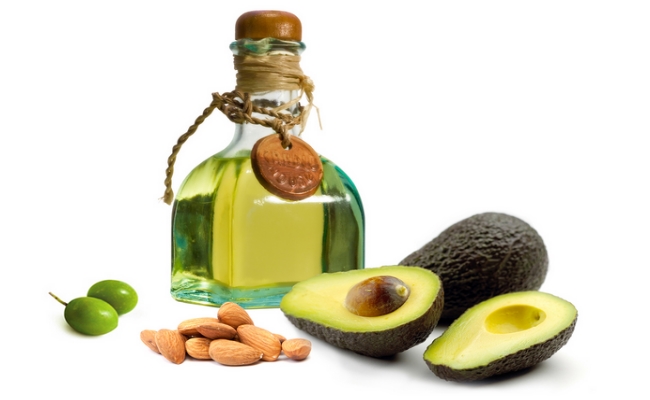A vegetarian diet is a good choice for controlling diabetes. Studies have shown that people who eat primarily plant-based foods have a lower risk of developing type-2 diabetes. Nonetheless, certain components of a vegetarian diet such as sugar, refined carbohydrates, high fat dairy and vegetable oils can wreak havoc on diabetes management. Hence, to maintain your blood sugar level in the normal range, you need a well-planned vegetarian diet that contains the right type of foods in the appropriate amount. Here are the best tips for planning the ideal vegetarian diet for diabetes management.
Here Are The 5 Best Vegetarian Diet Tips For Managing Diabetes:
Complex Carbohydrates
Carbohydrate is our main source of calorie. Carbohydrate restrictions are usually needed to control diabetes. Instead of dramatically reducing your carbohydrate consumption, eating healthy carbohydrates is more effective in keeping the blood sugar level under control. To stabilize your blood sugar level, avoid foods that contain refined carbohydrates and replace them with complex carbohydrates such as brown rice, whole grain cereals and brown bread.
Plant Proteins
The vegetarian sources of proteins such as legumes and beans are loaded with fibers that help in preventing the postprandial spike in the blood sugar level. However, most of the plant protein sources are incomplete sources of amino acids. Hence, to meet your body’s demand for essential amino acids, combine a variety of beans and legumes. If you are a lacto-vegetarian, you can add low fat milk and dairy products to your diet.
Healthy Fats
Although plant based oils primarily contain monounsaturated and polyunsaturated fats that are good for your health, even these healthy fats should be consumed in moderation. Olive oil, flaxseed oil, sesame seed oil and rice bran oil are suitable for the low fat vegetarian diet for diabetics. However, avoid vegetable oils, especially hydrogenated vegetable oil. Snacking on a small amount of nuts will provide healthy fats along with fibers and proteins.
Vegetables
There is no restriction on the amount of vegetable a person with diabetes can consume. Most of the vegetables have low glycemic index that makes them suitable for the diabetic diet. However, avoid starchy vegetables or eat them sparingly with their peels. Vegetables provide vitamins, minerals and dietary fibers that help in keeping your blood sugar level under control. Minimum five servings of different types of vegetables are recommended for the diabetes diet.
Fruits
As fruits are sources of sugar, they should be eaten in moderation by diabetics. Fruits with low glycemic index such as apple, orange, pear and banana are ideal for the diabetes diet. While consuming fruits with medium to high glycemic index such as cherries, pineapple or watermelon consider combining them with a small amount of protein rich food such as nuts or low-fat yogurt.









